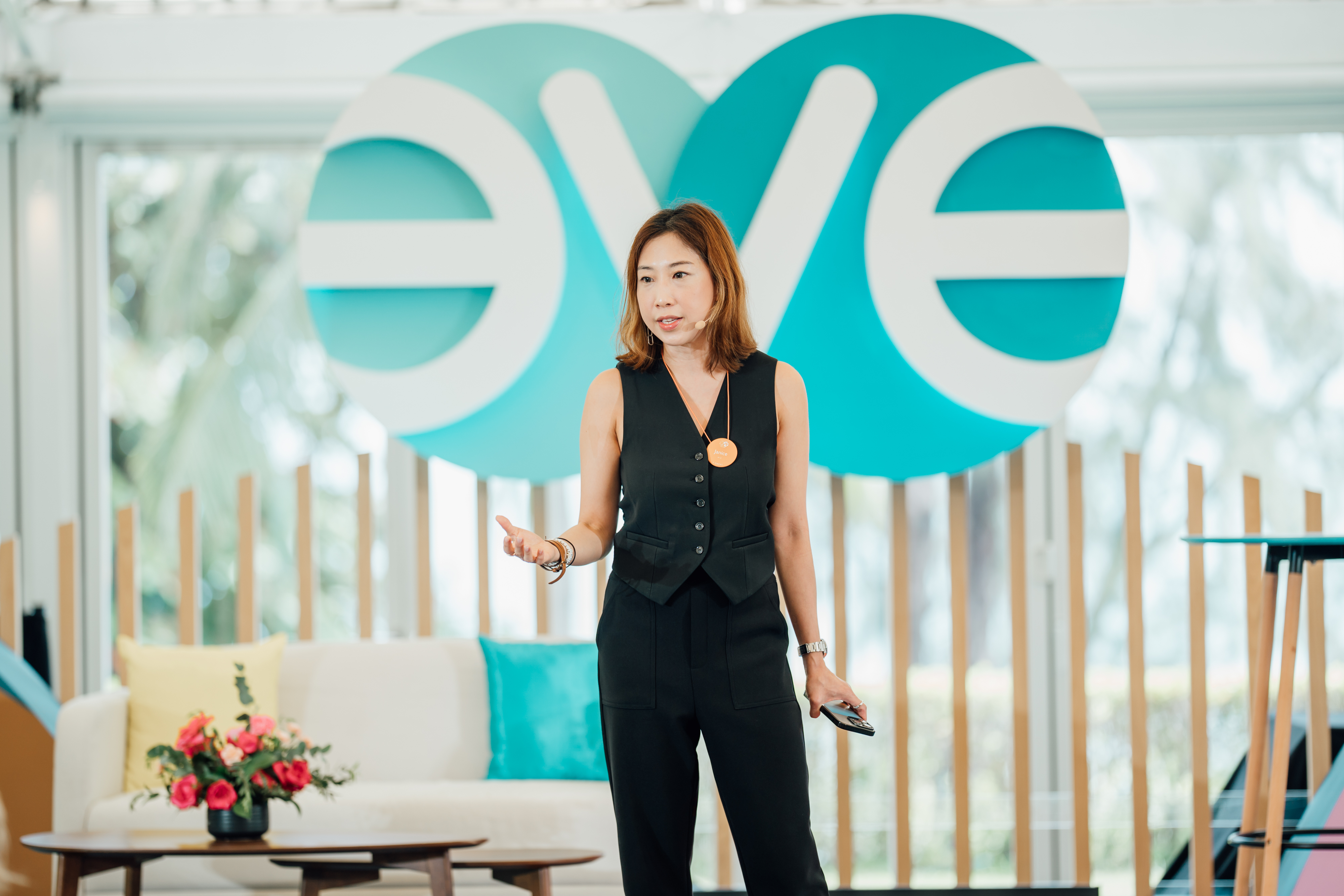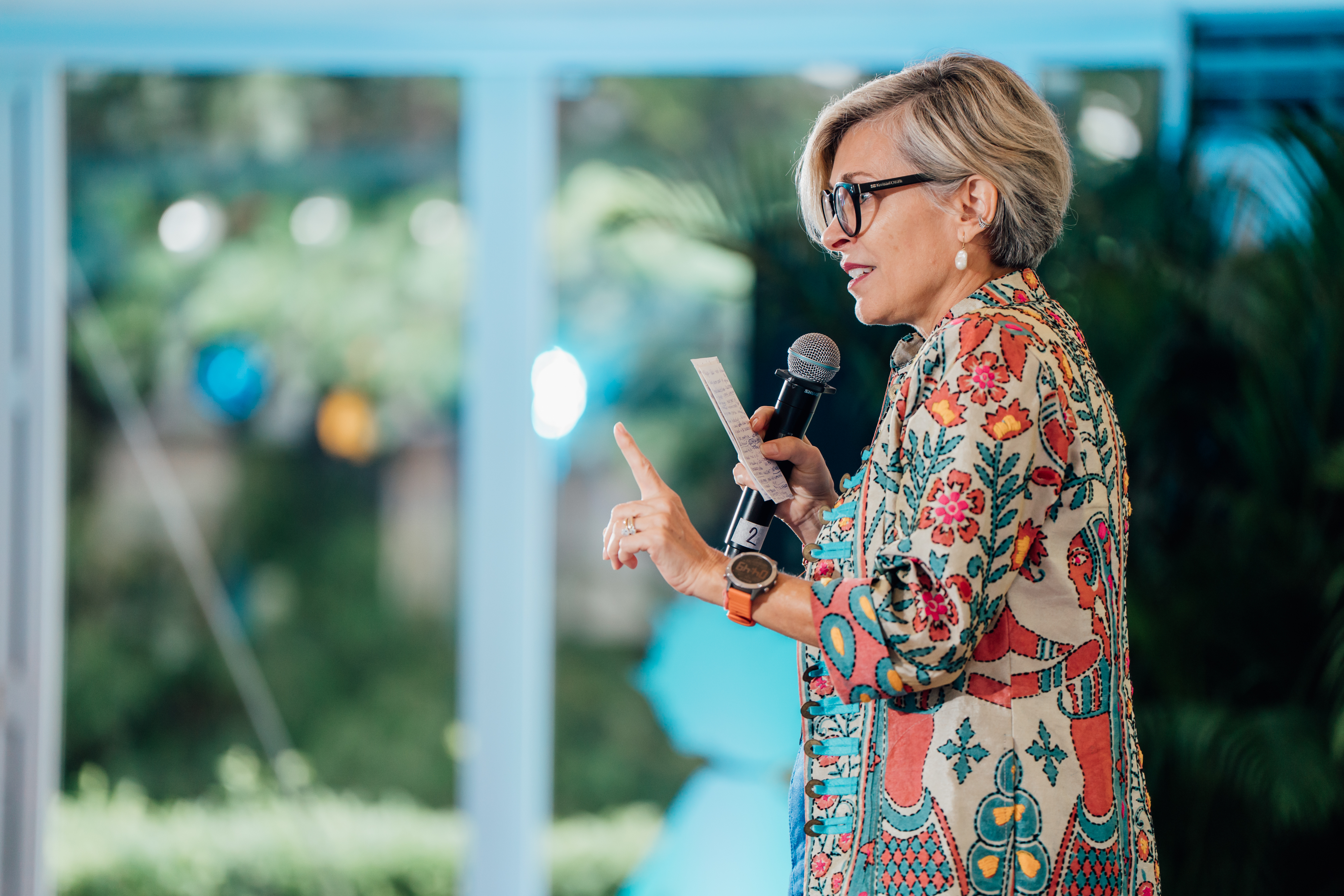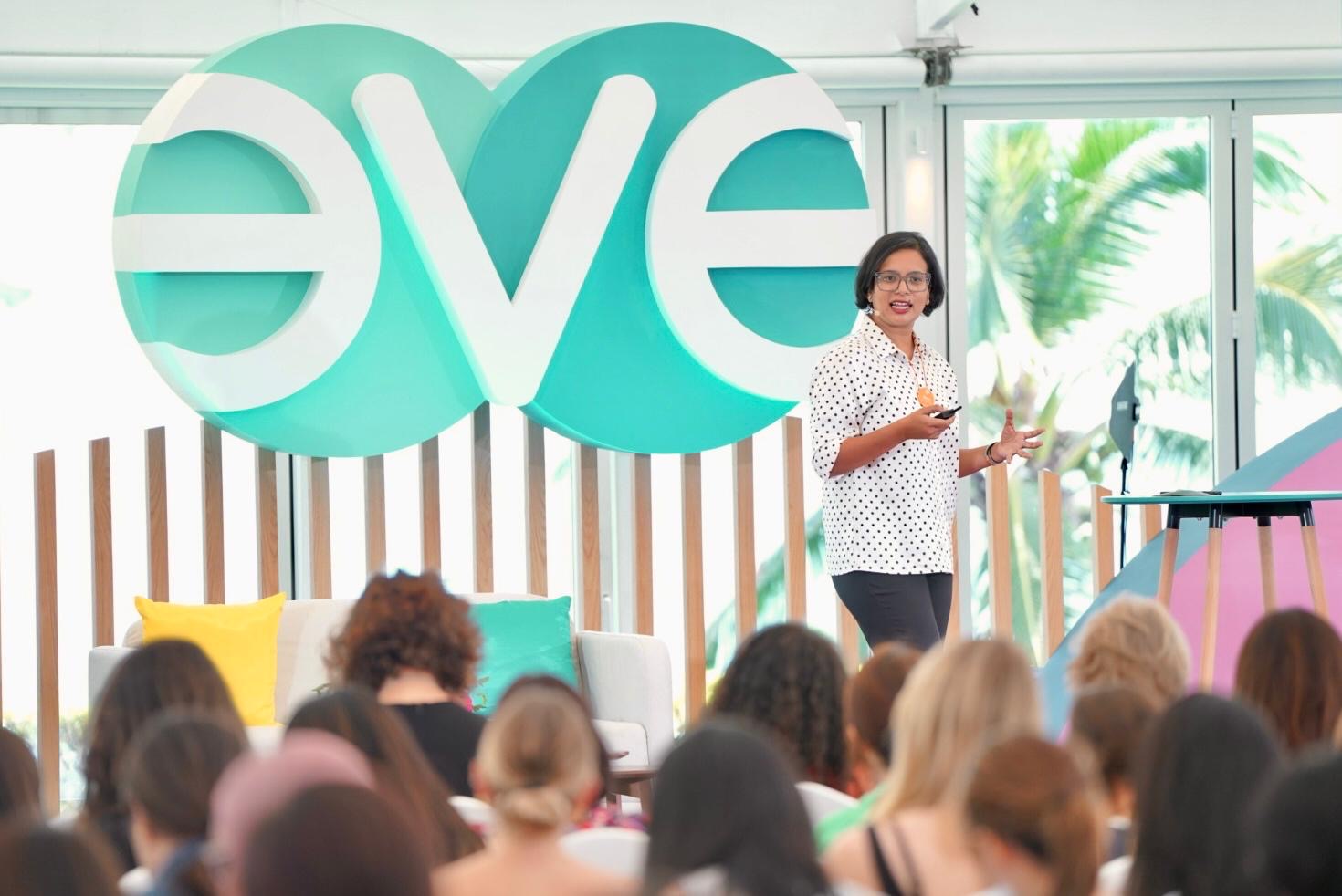
Mandatory Credit: Photo by Emmanuel Fradin/WWD/REX/Shutterstock (9372415a) L’Oreal Managing Director Nicolas Hieronimus portrait – 18 Oct 2017
Interview with Nicolas Hieronimus, Deputy Chief Executive Officer, L’Oréal Group.
You joined L’Oréal in 1987 and have been with the Group ever since. Why do you think L’Oréal is, and continues to be, one of France’s – and indeed the world’s – most attractive employers?
Nicolas Hieronimus: I see three main reasons for L’Oréal’s attractiveness as an employer.
Firstly, we are lucky enough to be in the world’s greatest business: working in beauty is a way to exercise one’s aesthetic sensibility, creativity and sense of excellence, to help people look good and feel better about themselves.
Secondly, the size of the company, its global reach and the huge range of brands and product types it covers enable us to offer our employees a whole raft of opportunities to build a career that is both settled and challenging. We allow people to experience the excitement of change without having to uproot themselves – they get to build on their knowledge and achievements.
The third factor that makes L’Oréal attractive as an employer is its people. This company has an incredible concentration of talented, passionate and committed people. One of L’Oréal’s guiding principles is “Believe in People”: we are convinced that each individual can make a difference and that people working together are extremely powerful.
What part does the status of women play in L’Oréal’s core values?
Nicolas Hieronimus: The history of our company (Ed. founded in 1909) has coincided with the biggest change to have affected society through the last century right up to the present day: namely the emancipation of women. When L’Oréal Paris created the slogan “Because I’m worth it” in 1973, it was a definite expression of support for female empowerment: giving a voice to women who say that they want and deserve the best is a way of validating women’s ambition, confidence and desire to be recognised for what they are and what they do.
All our brands carry a message about the role of women in society. Three examples:
– Yves Saint Laurent embodies a view of women that is anything but decorative: the YSL woman is bold, she gets involved in art and society, she takes possession of the codes and rewrites them, she makes her mark.
– The Lancôme woman is active and committed, she helps make the world a better place. This is part and parcel of the brand’s advertising and is also reflected in initiatives such as the Write Her Future young women’s literacy programme, in partnership with the NGO Care.
– IT Cosmetics, a brand we acquired recently, symbolises the principles of inclusion. This brand has two aims, which were very clearly expressed by its creator Jamie Kern Lima: on the one hand to enable each woman individually to be beautiful, to feel beautiful and to have greater self-confidence; and on the other hand to help, on a socio-cultural level, change the conversation about what is beautiful.
Changing the way we see things, changing the rules, allowing people to emphasise their uniqueness and be part of the collective, these are the key elements of inclusion… But how can we go beyond good intentions and make this an everyday reality for everyone?
Nicolas Hieronimus: Our impact is felt on two levels:
– As a brand creator, we have the power to inspire and influence society. What is fascinating right now is that we ourselves are constantly being challenged by the women and men our products and messages are aimed at. This is especially the case where the topic of inclusion is concerned: as little as five years ago, you could get across a message about ethnic diversity with an advertising campaign featuring women and men of different skin colours. Nowadays, if you content yourself with that, it’s seen as window dressing, even appropriation. Now when you make a statement about inclusion, it is expected that it should be authentic, that it should address the company’s relationship to the world in a meaningful way.
– As an employer, we have a duty to provide the same level of benefits to all employees wherever we are present. This is illustrated by the Share & Care programme among others, which provides our employees in all 67 countries with a universal social protection floor. This is also the purpose of the EDGE and GEEIS initiatives for gender equality in the workplace, which have earned us the top position in Equileap’s global gender equality ranking. As a large company, we have a duty to ensure that growth and social progress always go hand in hand and to set an example in the business world in this area.
Interview by Marie Donzel and Aurélie Gasnier, for the EVE webmagazine.






